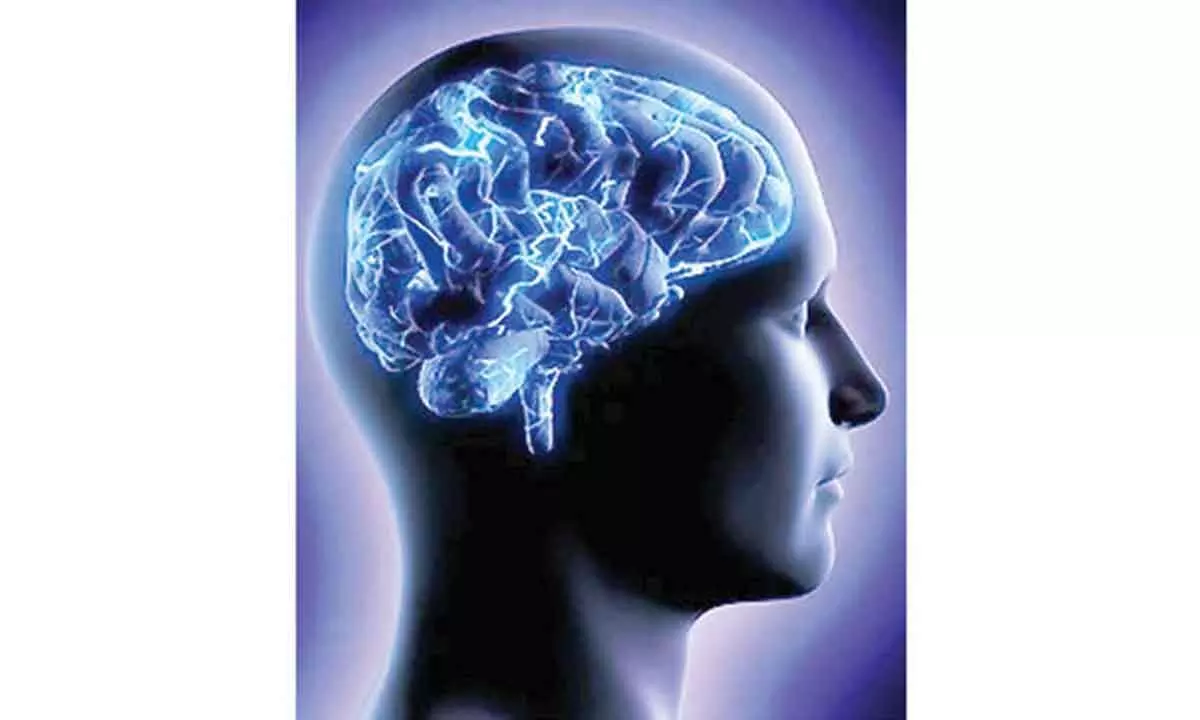Live
- ‘Pregnant’ Athiya Shetty looks forward to 2025
- Pawan Kalyan inaugurates book fair in Vijayawada, says books inspired him
- Collector, SP inspect arrangements for Nagoba Jatara in Adilabad
- AP Chambers for settlement scheme for indirect tax rows
- Final notification for 765 lakes issued: HMDA to HC
- Co-op societies should increase farmers’ credit: ADC
- The Hans India Calendar unveiled by Additional Collector
- MLA unveils The Hans India Calendar
- SP distributes blanket
- Nirmal police nab temple thieves
Just In
Study shows how human memory works, gets stored


While the brain is commonly known to work for and store memories, a new study showed that other parts of the body can also store memory.
New Delhi : While the brain is commonly known to work for and store memories, a new study showed that other parts of the body can also store memory.
The study, which appears in the journal Nature Communications, may pave a new way for treating memory-related afflictions.
Nikolay V. Kukushkin, lead author from the New York University in the US stated that “other cells in the body can learn and form memories, too”
The researchers found that similar to brain cells, the non-brain cells also turn on a “memory gene” -- in response to new information.
Brain cells turn on the “memory gene” -- when they detect a pattern in the information and restructure their connections to form memories.
Further, to monitor the memory and learning process in the non-brain cells, the team engineered these to make a glowing protein -- which signalled whether the memory gene was onor off. The experiment revealed that the non-brain cells could determine when the chemical pulses, which imitated bursts of neurotransmitters in the brain, were repeated. The team found that the process is rather similar to the brain when neurons register new learning. It was also found more efficient, just as neurons in our brain can register when we learn with breaks rather than cramming all the material in one sitting.
When the pulses were delivered in spaced-out intervals, they turned on the “memory gene” more strongly, and for a longer time, than when the same treatment was delivered all at once, the team said.
Kukushkin said the study revealed, “that the ability to learn from spaced repetition isn’t unique to brain cells”. It “might be a fundamental property of all cells,” the researcher said. Besides offering new ways to study memory, the study also suggests treating “ourbody more like the brain” for better health.

© 2024 Hyderabad Media House Limited/The Hans India. All rights reserved. Powered by hocalwire.com






